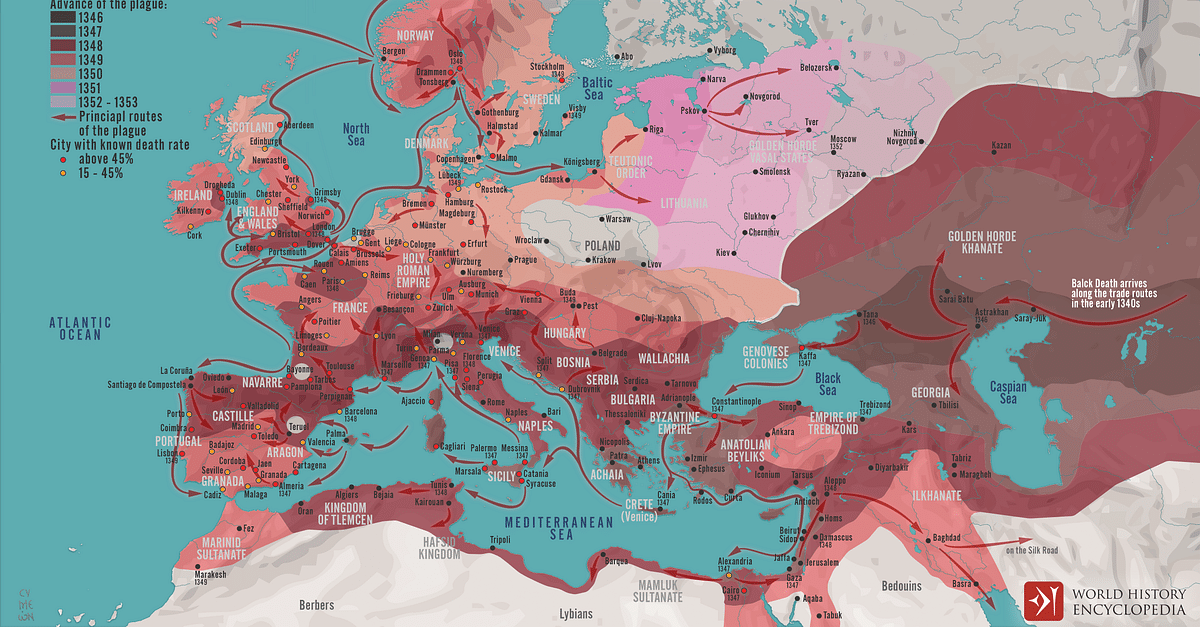
Those feelings explain so many emotions related to every case of a Pole’s success and recognition in the West. While sweeping generalizations may be dangerous, it still might be said that, while Poles usually have felt themselves part of the West, they had, at the same time, a problem of not being fully accepted, as well as being treated as somehow inferior. Such perception by the West is closely reflected by the feelings of Poles themselves.
Central europe inbetween land full#
1 On top of that, whatever the degree of the real Western influence, “the West” hardly ever agreed to treat Poland as a full member of its community. Precisely this ambiguity of the Polish case, as well as a number of other countries of the region, led to the introduction of the concept of Central-Eastern Europe.

The economic systems however, and the social structures, for the most part of Polish history, have differed from the Western pattern, and Polish lands and society were under significant influence of traditions which were not Western. Religion, ideas, legal institutions and scholarly traditions came predominantly from the West throughout the millennium. Poland to some degree is part of the West in a cultural sense. If one looks historically – and this is the perspective I want to apply – the problem is that Poland has both been and not been part of the West. shifts closer to isolationism, one can easily expect moods to change and voices in the West to express doubt upon the degree of Westernization of Poland. If at the same time the European Union develops more problems and the U.S. But is it really? Imagine for a while that something goes wrong: a decline in the rate of growth, inflation going up, foreign investment going down, corruption scandals involving important politicians getting the attention of the foreign media, social tensions producing political unrest, and nationalistically oriented populist politicians becoming more vocal. So in a sense Poland today is part of the West. Visa and MasterCard are accepted everywhere, and even in a small provincial town a tourist or a businessman does not feel at a loss as he or she would have done twenty or even ten years ago. In Warsaw, a new office tower or super-market is opened almost every month. When one travels through the country, one sees roads full of Western cars, gas stations with the names of well-known corporations as well as many of the proverbial McDonalds.

Market reforms are being continued, democracy functions well, the media is free, human rights are observed. It was first to start the radical transition to market economy, and it is often regarded as one of the most successful transforming countries. Apart from being the second biggest country in the region, it has a history of the most radical attempt to change the communist system (Solidarity 1980/81). Poland of today is an interesting case for the analysis of Westernization. Whether Poland is considered to be “in” or “out” of the West is a matter of perception, and perceptions are changing. The answer to the question put forward in the title of this essay is elusive.


 0 kommentar(er)
0 kommentar(er)
